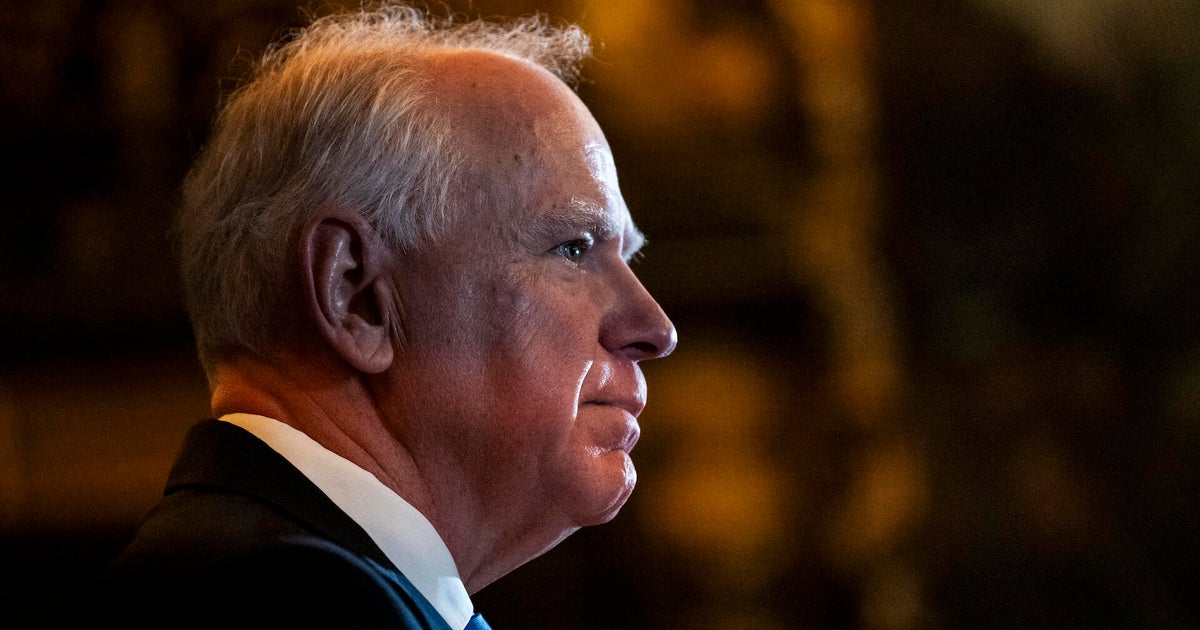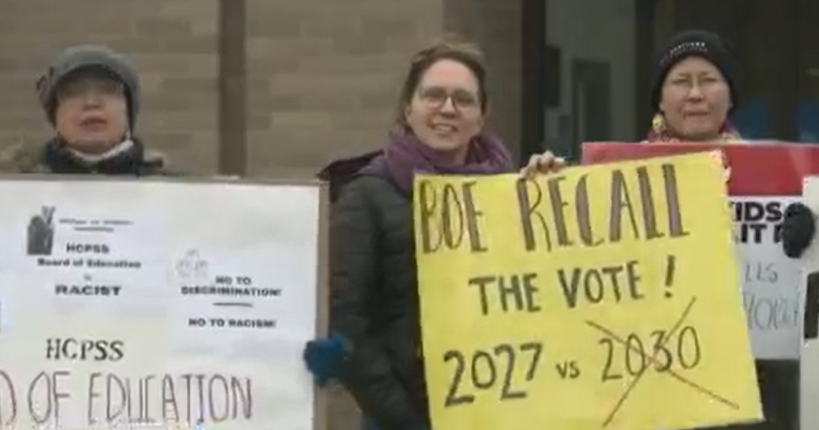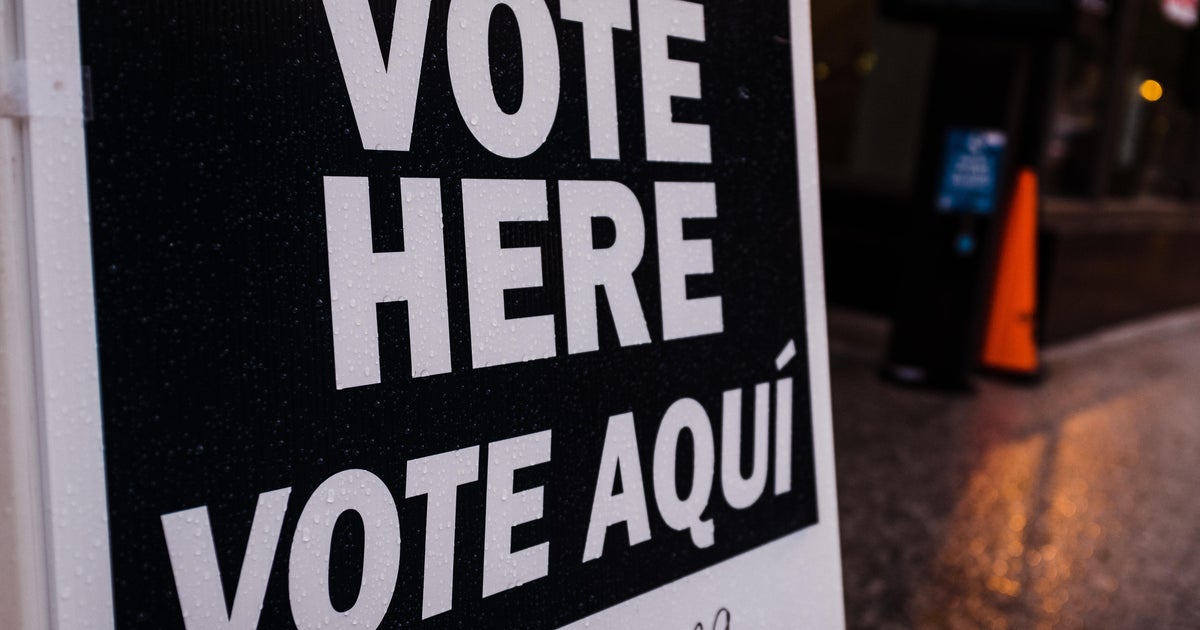Florida Could Take A Hit In Hospital Funding
TALLAHASSEE (CBSMiami/NSF) - As Florida lawmakers prepare to start the 2020 legislative session, the state is being confronted with a $70.4 million loss in the coming months in the amount of Medicaid money it gets to fund hospitals, train future physicians and treat people who are mentally ill.
Amy Baker, who leads the Legislature's Office of Economic and Demographic Research, is including the reduction --- slated to take effect May 23 --- in budget documents prepared for lawmakers as they begin working on a fiscal 2020-2021 spending plan.
"There needs to be a discussion," Baker said of the reduction in what's known as disproportionate share funding.
The federal government targeted reductions in disproportionate share dollars to help pay for the Affordable Care Act, the health-care law commonly referred to as Obamacare. But as Congress has moved to blunt parts of the law, it also has agreed to delay many of its financing mechanisms, including with disproportionate share.
But the federal Centers for Medicare & Medicaid Services published a proposed rule in September that would lead to cutting $4 billion from the program nationwide. Congress agreed in November to temporarily delay the reductions until May 23.
Disproportionate share dollars are used to fund rural and children's hospitals, state mental health facilities and graduate medical training at teaching hospitals across Florida.
But nearly 40 percent of the funding is targeted to hospitals that provide disproportionate amounts of Medicaid-funded care..
State economists this week decided to include a spreadsheet detailing the planned reduction in the budget documents being prepared for lawmakers. But they did not alter what is known as a "financial outlook" to reflect the reduction.
Nevertheless, Baker said the inclusion of the information puts lawmakers on notice. The annual legislative session starts Tuesday.
"These are big numbers, so we wanted as a group to make sure the Legislature was aware of the magnitude of these numbers," she said. "We definitely want to make them aware of the level of reductions so they can see that and know that so they can develop a contingency or some plan."
Medicaid funding derailed the 2015 legislative session after the Obama administration announced plans to phase out a $2.1 billion supplemental Medicaid program called the Low Income Pool. The announcement caught lawmakers --- and former Gov. Rick Scott ---- off guard and put proposed budget plans out of whack.
The so-called LIP program did not ultimately get eliminated.
While the state faced a greater potential financial loss in 2015, the LIP dollars were targeted on a supplemental basis and not as an essential part of hospital budgets. Baker said the potential reduction in the long-standing disproportionate share program could be more significant because it's included in hospitals' "core budgets."
Florida's disproportionate share program is $233 million before the proposed reductions.
Justin Senior, chief executive officer of the Safety Net Hospital Alliance of Florida, said his association is tracking the issue and hopes the debate will allow a revamping of the federal funds in a way that could wind up helping Florida hospitals. His association, which represents children's, teaching and public hospitals, would like Congress to reconsider the 28-year old formula used to allocate disproportionate share funds.
Senior noted that the entire amount of Florida disproportionate share funding is smaller than the potential reductions in five states: New York, Pennsylvania, Louisiana, Texas and New Jersey.
Disproportionate share funding could be made smaller, "but at the same time it should be fairer," Senior said.
To that end, the association has worked closely with U.S. Sen. Marco Rubio, R-Fla., who has introduced legislation to change the formula.
In a statement from his office, Rubio said that he has introduced legislation to ensure that Florida receives its fair share of funding for hospitals that serve the most vulnerable patients.
"The Medicaid DSH (disproportionate share hospital) program must be modernized, rather than relying on an outdated system that predominantly reflects state spending in 1992," Rubio said. "We must fix this disparity and update the system to create equity in the DSH program."
Crystal Stickle, interim president of the Florida Hospital Association, released a statement Wednesday that pointed to working with Rubio and the state's congressional delegation "to protect our state's current funding and bring equity to the DSH program."
"The potential loss of over $70 million in Disproportionate Share Hospital funding will only add pressure to hospitals who serve high numbers of our state's uninsured patients and low-income families covered by the Medicaid program.," Stickle said.
(©2020 CBS Local Media. All rights reserved. This material may not be published, broadcast, rewritten, or redistributed. The News Service of Florida's Christine Sexton contributed to this report.)







